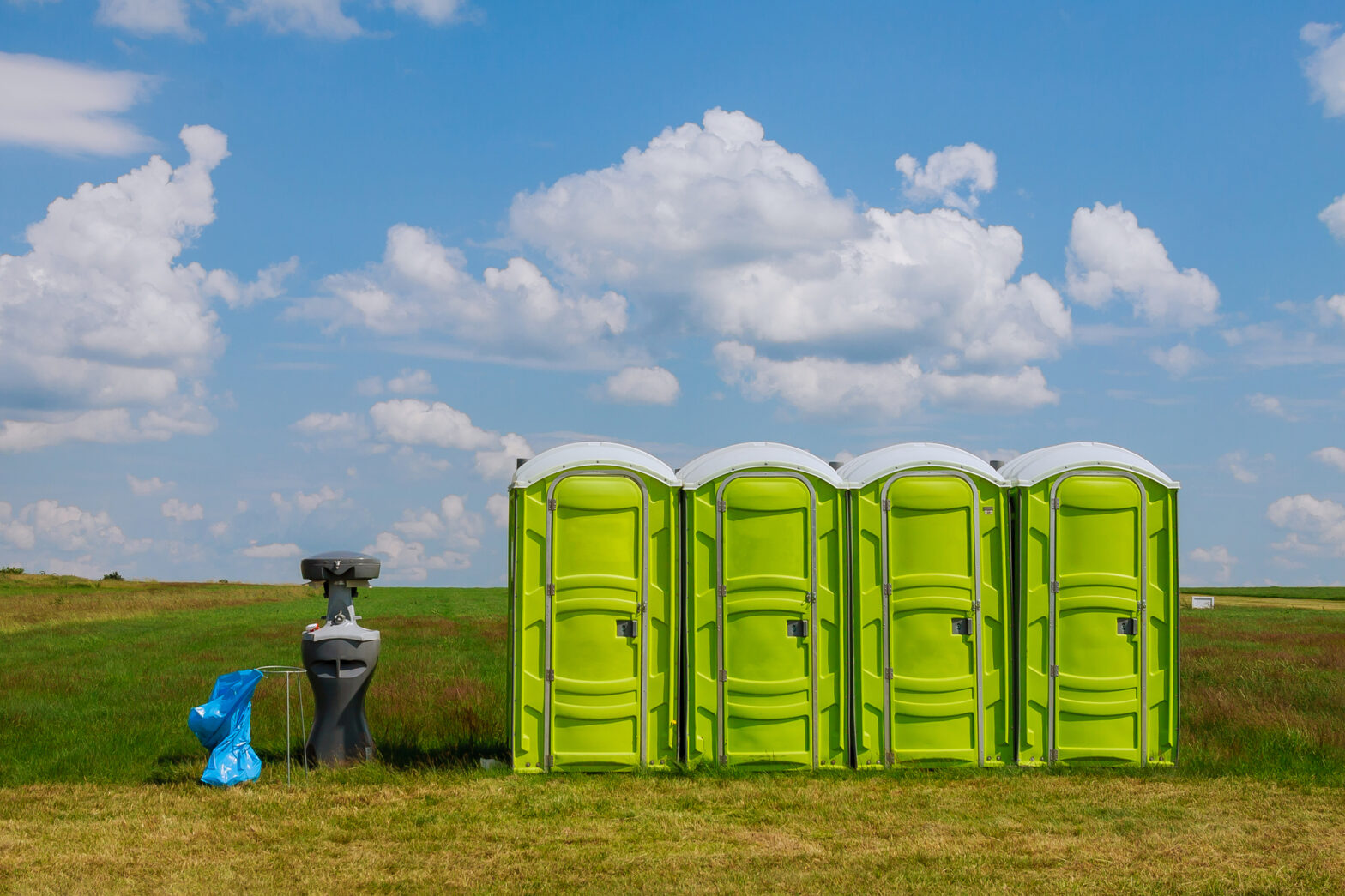Portable toilets have been a go-to solution for events, construction sites, and outdoor activities for decades. Not only do they offer convenience, but they are also an environmentally friendly alternative to traditional toilets. In this blog post, we will explore the benefits of portable toilets and provide statistics from high-authority sources to demonstrate their positive impact on the environment.
Water Conservation
One of the biggest benefits of portable toilets is water conservation. Traditional flush toilets consume an average of 1.6 gallons of water per flush. According to the Environmental Protection Agency (EPA), a single person can use up to 100 gallons of water per day. Portable toilets, on the other hand, do not require any water to function, thus reducing water usage. In fact, portable toilets can save up to 30,000 gallons of water per year per unit, according to the Portable Sanitation Association International (PSAI).
Energy Conservation
Another environmental benefit of portable toilets is energy conservation. Traditional toilets rely on energy-intensive processes such as water treatment and sewage transport. Portable toilets do not require any of these processes, thus reducing energy consumption. In addition, the manufacturing of portable toilets requires less energy than traditional toilets.
Waste Reduction
Portable toilets also offer waste reduction benefits. Traditional flush toilets produce solid waste that goes through a treatment process, which can be energy-intensive and generate harmful byproducts. Portable toilets, on the other hand, use a closed-loop system that collects and stores waste until it can be safely disposed of. This process reduces the amount of waste that enters the environment and helps prevent the spread of disease.
Carbon Footprint Reduction
The use of portable toilets also contributes to reducing carbon footprints. Traditional toilets require the use of fossil fuels to transport sewage to treatment plants. The process of sewage treatment also consumes energy and emits greenhouse gases. Portable toilets, on the other hand, do not require any transportation or sewage treatment, thus reducing carbon emissions.
Final Thoughts
Portable toilets offer a range of environmental benefits, including water and energy conservation, waste reduction, and carbon footprint reduction. The use of portable toilets can help reduce the negative impact that traditional toilets have on the environment. As the world becomes increasingly environmentally conscious, the use of portable toilets will continue to be a sustainable and eco-friendly solution for a variety of applications.


